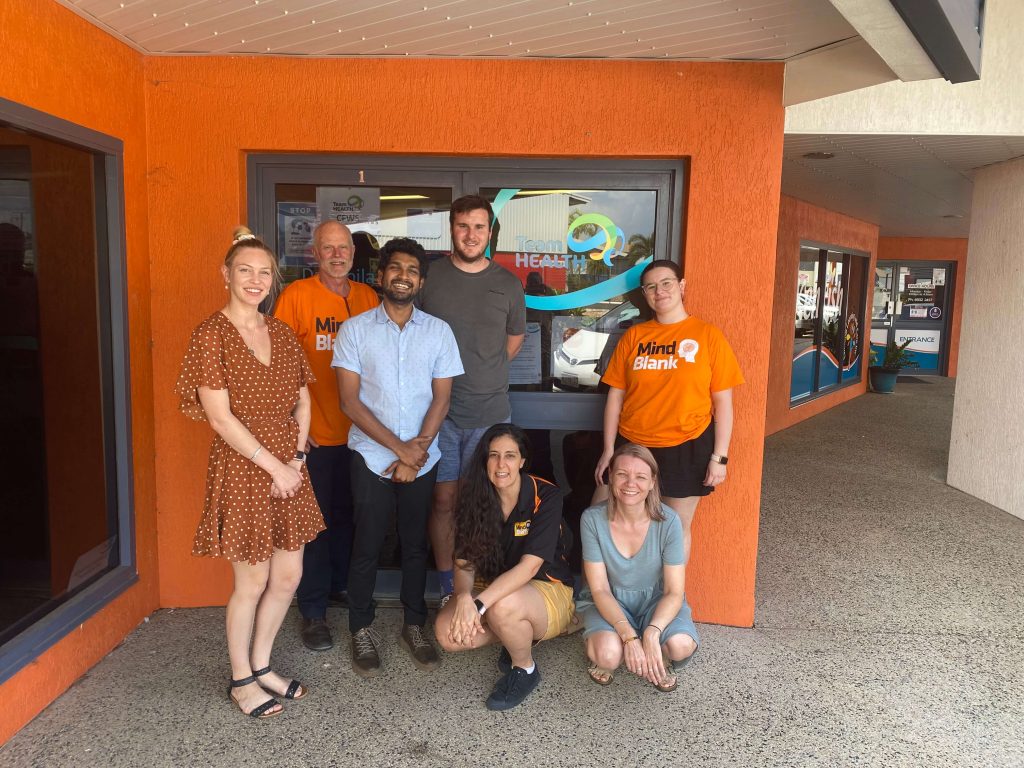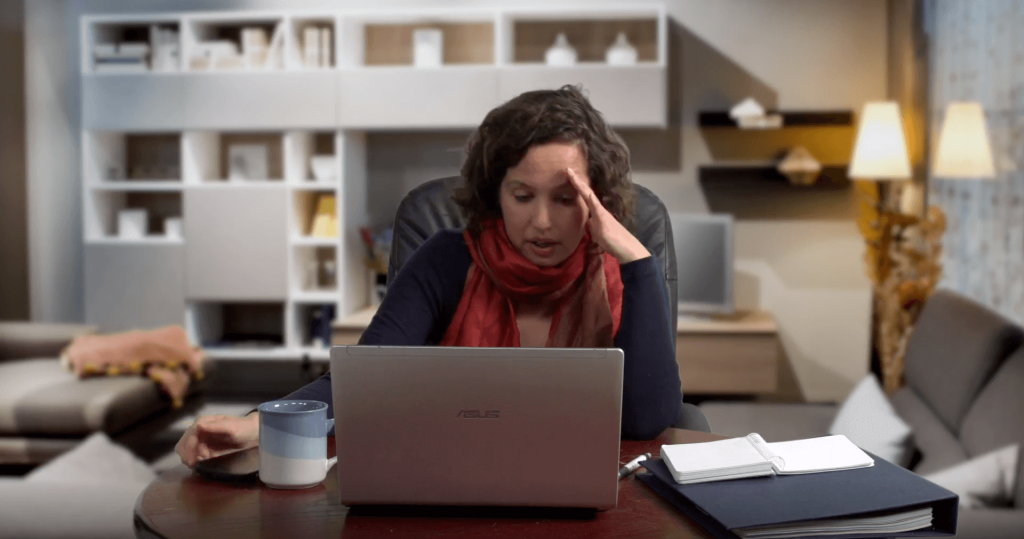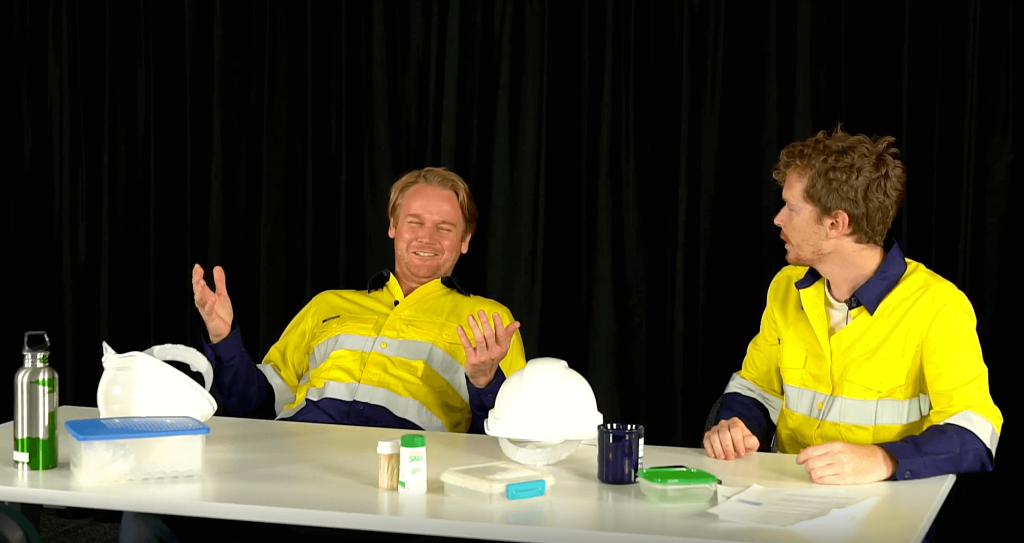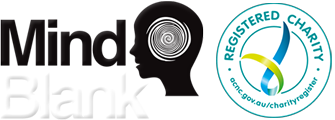Why Mind Blank?
Theatre use in an educational setting can help students to open up and engage in discussions about their shared experiences and help promote positive change.
The interactive nature of Mind Blank helps audience members reflect on their own personal situations, and come up with solutions that work for them. The audience tries to fix things, and the actors remind the audience that things aren’t always so easy to fix.
What were the measurable impacts of this project/program?
In order to track our programs progress the Mind Blank team seeks to aim for best practice evaluation techniques.
Despite having different program demographic focus’ program aims fall under the following key themes:
•Gain new knowledge of mental health issues
•Build confidence and resilience skills
•Demonstration the application of early intervention help-seeking action
•Provide crisis support numbers and referral pathways (on a needs basis)
Key outcomes are measured using the following methods:
1) Participant are asked to complete a survey before and after the program. This aim’s to capture prior knowledge of mental health subject matter, as well as inform the team on insights from lessonslearned from the program rollout.
2) Participants will complete a role play assessment to demonstrate early intervention skills gained.
3) An independent program evaluation assessment will take place to assess insights on participant’s confidence and resilience skills. Interview and survey data is collected from insights from teaching staff or workplace supervisors, as well as program facilitator’s feedback.
Is it appropriate for your children?
We are very aware that age matters when it comes to discussing certain topics surrounding mental health. We work hard to ensure that our content is age-appropriate, and that all measures are put inplace to ensure children aren’t overwhelmed.
Before the workshop, we disclose exactly what type of content the audience will be experiencing, and collect consent forms.We also provide post-performance letters for parents, including a list of questions to continue the discussion at home.
During our school performances, we point out where the teachers and support staff are in the room, to ensure students receive adequate care if they are affected by any of the issues mentioned inthe workshop.
Upon leaving the event, audience members are given a ‘crisis card’ with national helpline numbers, along with a QR code which provides local information tailored to your specific area.
What others are saying about us:
Teachers
“The show was the best I’ve seen in my three years at school. The topics covered were age-appropriate and addressed the social skills we need in our area. The students talked about the actors longafter they had left, and their presence made a big impact on our students.”
“I asked some of my students what they got out of the performance and this is exactly what they said: ‘there’s always someone to help – you just have to ask.You have to communicate if you want people to know how you feel and to help you.’”
Students
Evaluation/Research Projects
– Mind Blank supported by Courage Partners (2019) Evaluation of Primary School Mental Health Awareness Program Trial. Approved by ACT Department of Education as an internal document.
– Mind Blank supported by Courage Partners (2020) Evaluation of Secondary School Mental Health Awareness Program Grafton.
New Projects
Current conversations are taking place with Canberra University and Griffith University to support studying the following research questions:
– What are the long term benefits and challenges of Mind Blank’s health promotion activities. Current Progress: An ethics application submitted Canberra University.
– Research evaluation ofthe impacts of Mind Blank mental health education programs in workplaces. Current Progress: An ethics application submitted Canberra University.






